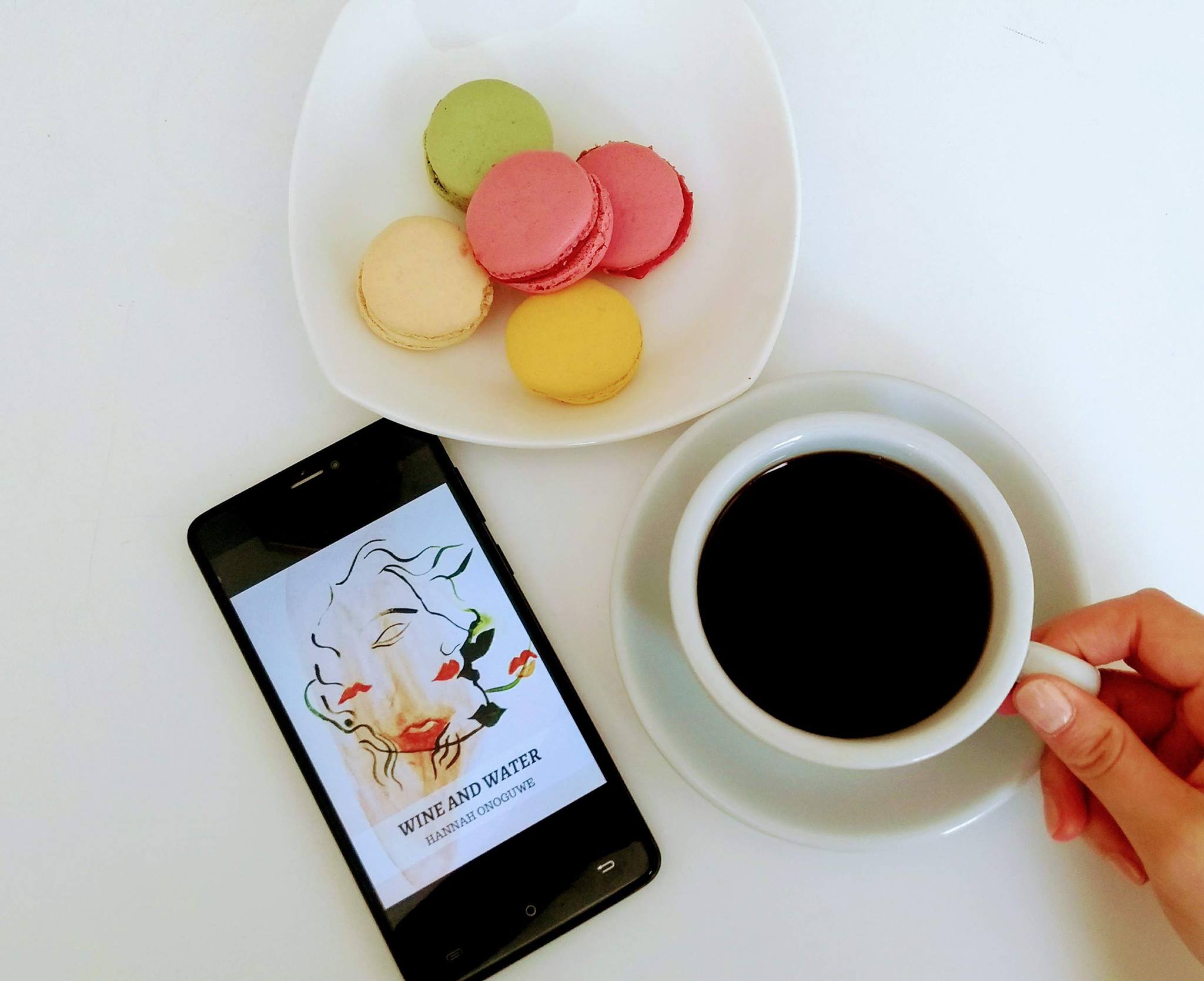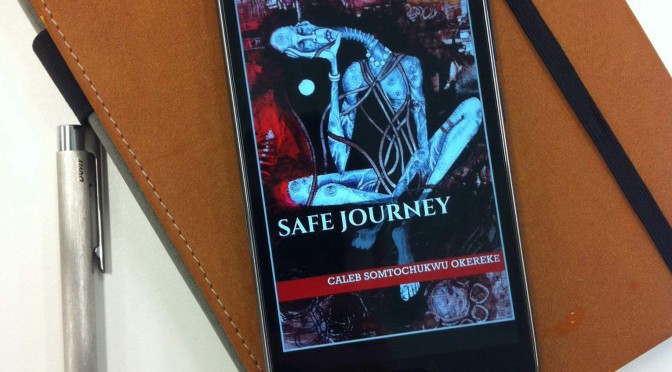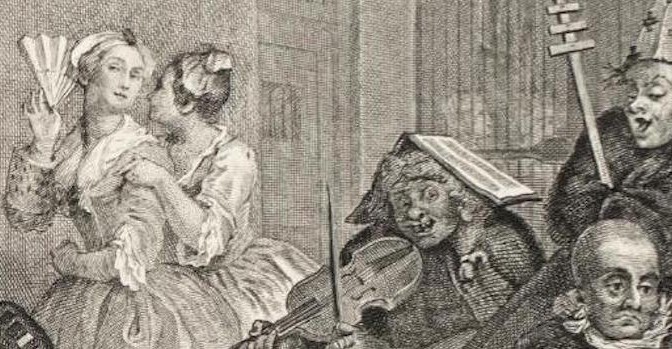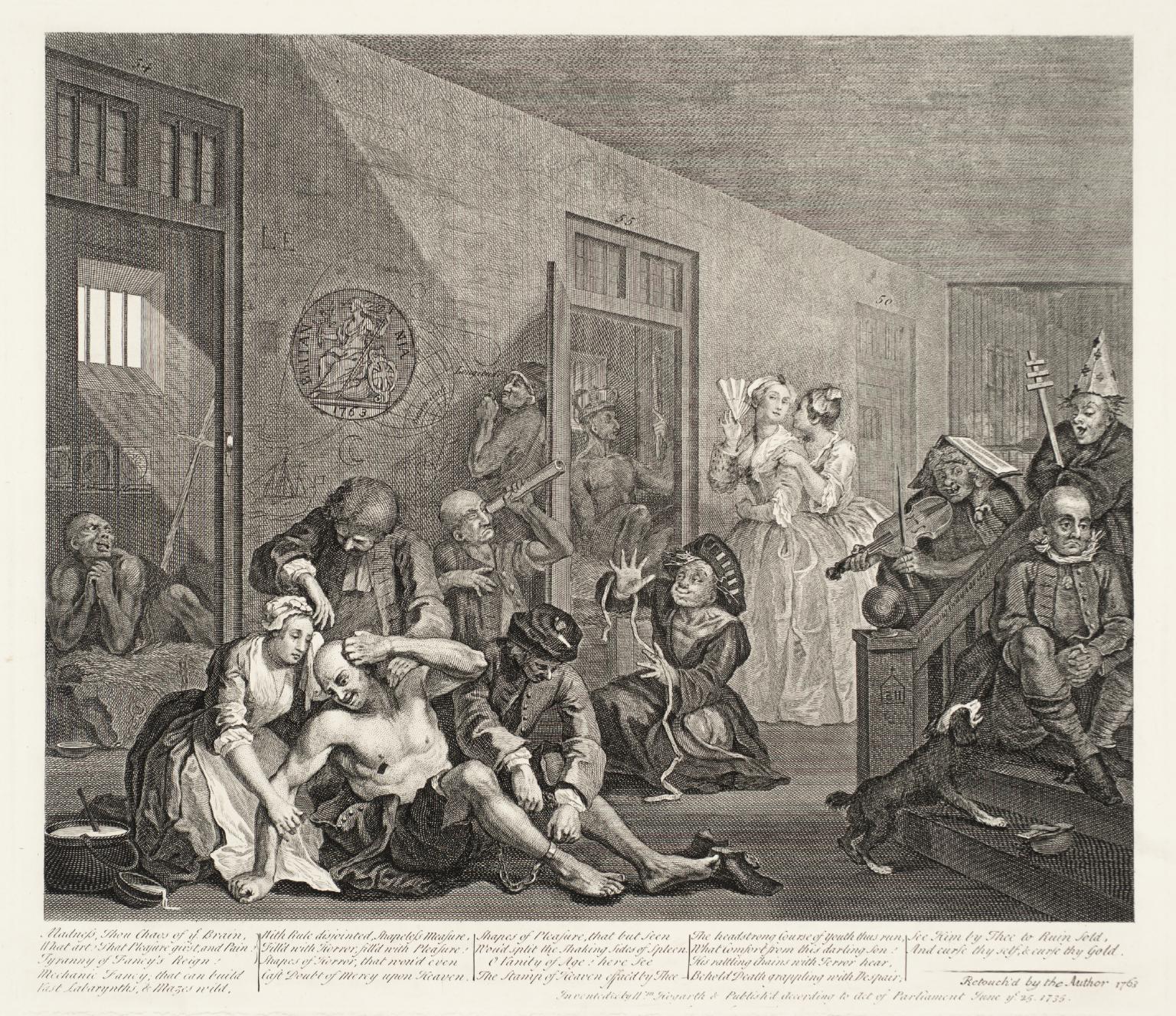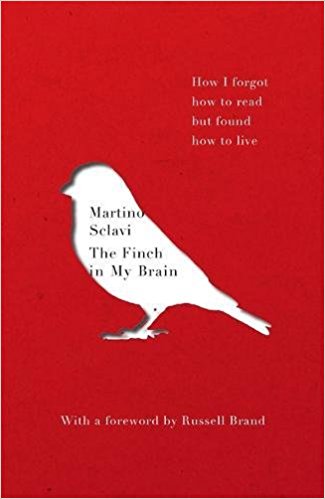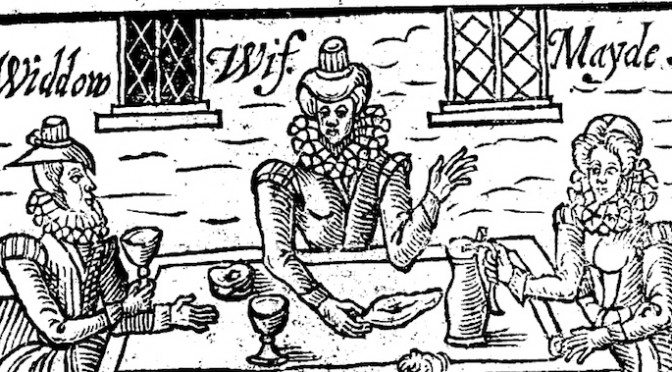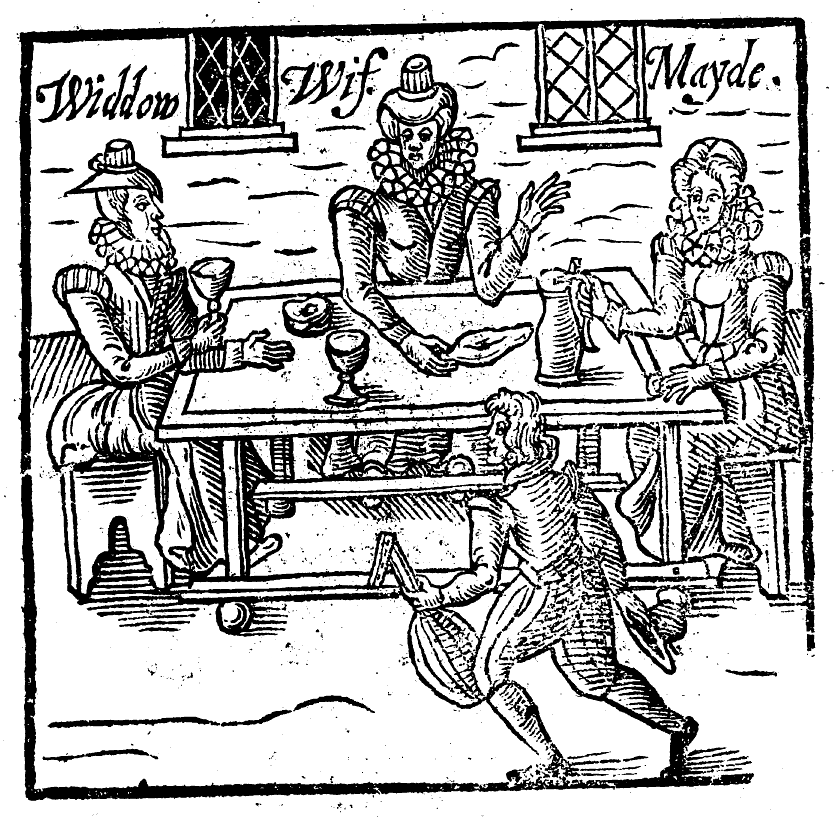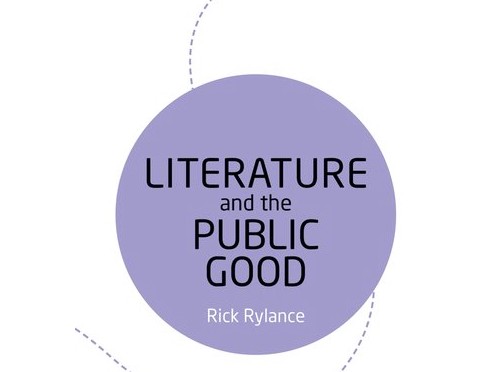by Ralitsa Chorbadzhiyska. Ralitsa is an undergraduate student in the English Department in her third year, with research interests in Modernism and Contemporary culture. Ralitsa worked as an editorial and marketing intern at Bahati Books this summer as part of King’s Internship Summer Scheme. She also has a personal blog where she writes about books, music and art.
Ever since applying for university I knew I wanted to study English literature and use my degree to become involved with publishing. But I never knew which role would suit me best – an editor, an agent, a person in marketing or sales. I applied for my internship with Bahati Books before going into my third year as I figured that the best way to find what part of publishing intrigues me the most was to learn from experience.
